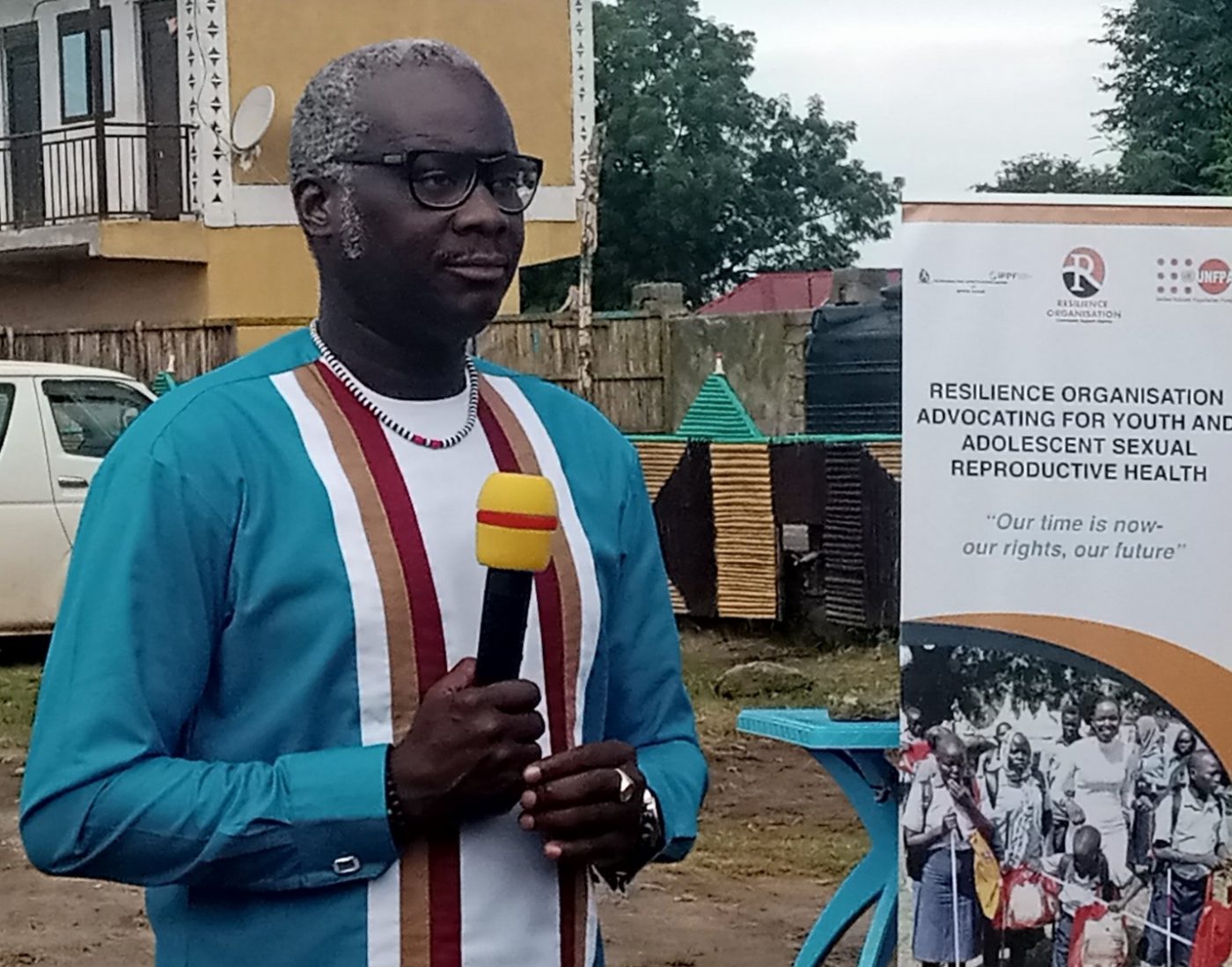The United Nations Population Fund (UNFPA) has called on the government to continue empowering girls to exercise their full rights.
“Here in the republic of south Sudan, we are aware that girls continue to face intersecting challenges, we still have the issues of child marriage, we still have girls missing out on education, and we still have vulnerabilities to gender-based violence,” said Ademola Olajide, the UNFPA Country Representative on Tuesday.
He was speaking at Juba Comfort Accommodation Hotel in Gumbo during celebrations to mark the International Day of the Girl-Child.
“What we are hoping is that community members go back to the community with the change of mindset, acknowledging the fact that young girls will be able to develop into responsible young women who are also able to contribute to society where every stake-holder takes their own roles in their protection,” said Olajide.
Olajide said that UNFPA’s country vision aims to see a society where girls are able to develop their optimal capacity and contribute to national development.
Abuk Maduok, a mother of 7 children, said acknowledged the importance of educating her children, but also conceded that many parents like her are finding it difficult to pay school fees for their children.
“Education is very important, it comes with a lot of opportunities but we have suffered as parents, if a parent has 8 children and each child needs 45, 000 SSP it becomes unaffordable. We call on the government to come in and help educate our children,” said Maduok.
Gabriel Bul Ajak, a traditional chief representing Upper Nile State in Gumbo, said the idea of seeing girls as a source of wealth is no longer there, noting that communities are advised to enroll their girls in school.
“I do not believe in the tradition of giving girls out in exchange for bride price, as a community leader, I advise and encourage communities and parents, in particular, to enroll their girls in schools,” said Ajak.








